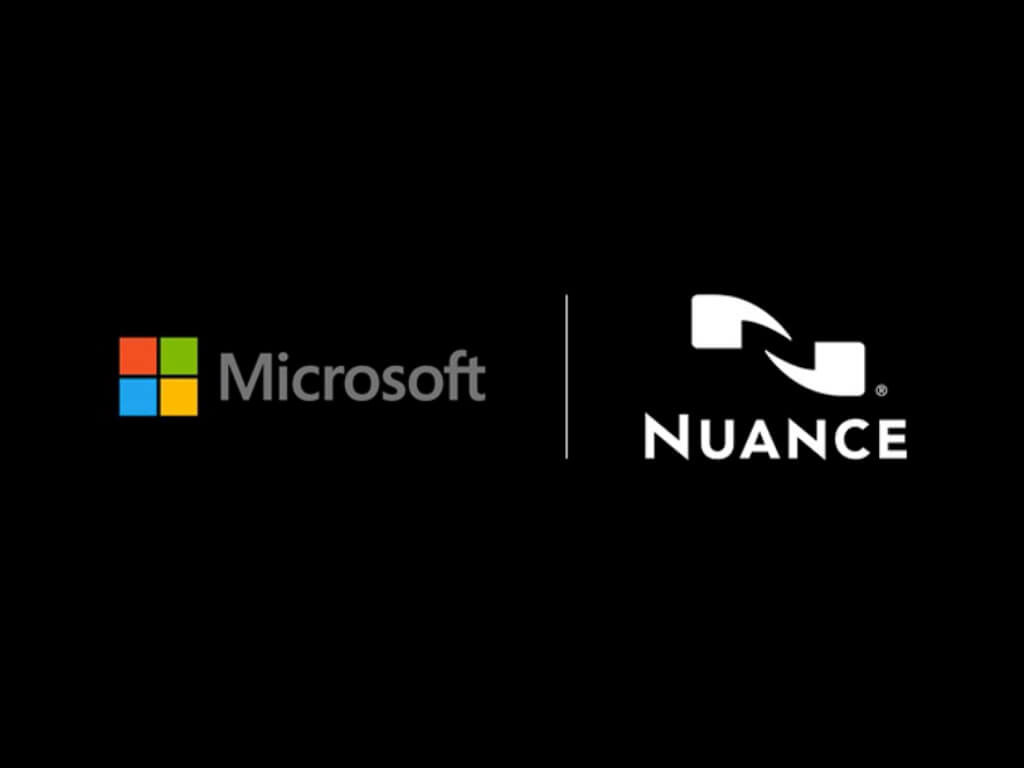Microsoft’s purchase of Nuance, an artificial intelligence company, received unconditional approval from the European Commission on Tuesday. In April, Microsoft paid $19.7 billion for the AI speech technology company Nuance. After LinkedIn, Nuance was the company’s second-largest acquisition under Nadella’s leadership. Microsoft hopes to expand its presence in the healthcare market with this new acquisition. This month, Reuters reported that the company was on its way to receiving approval in the European Union, in addition to approval in the United States and Australia.
According to the European Commission, the deal between Microsoft and Nuance will not cause any competition concerns in the European Economic Area (EEA). “According to the commission, Microsoft and Nuance provide very different products. While Nuance focuses on pre-built solutions for end-users, Microsoft’s Azure Cognitive Services includes application programming interfaces (API). This has no direct benefit for end-users, but it allows programmers to incorporate speech recognition into their respective programs,” according to the EU press release.

Nuance is best known for its Dragon software, which uses deep learning to help with speech transcription. It has also been praised for its accuracy over time, owing to its ability to adapt to the user’s voice. This technology has been licensed by the company for a variety of services and applications, including Apple’s Siri. Microsoft may integrate Nuance’s technology into its existing software, such as Teams, or offer it as part of its Azure cloud service.
Microsoft said in a blog post that “by augmenting the Microsoft Cloud for Healthcare with Nuance’s solutions, as well as the benefit of Nuance’s expertise and relationships with EHR system providers, Microsoft will be better able to empower healthcare providers through the power of ambient clinical intelligence and other Microsoft cloud services.”
The Commission concluded after conducting an investigation that the deal will not adversely affect competition in the markets for transcription software, cloud services, enterprise communications services, PC operating systems, and other products.
“On any of the markets examined in the European Economic Area, the proposed transaction would raise no competition concerns,” the Commission stated. Nuance, based in the United States, serves 77 percent of US hospitals and was instrumental in the launch of Apple’s Siri virtual assistant.
Apart from healthcare, Nuance provides AI expertise and customer engagement solutions to companies all over the world, including Interactive Voice Response (IVR), virtual assistants, and digital and biometric solutions. Nuance’s special features will be integrated into Microsoft’s existing applications, such as Azure, Teams, and Dynamics 365.
The Commission stated that it had looked into issues such as the overlap between Microsoft and Nuance’s transcription software activities and discovered that they offered “very different products” that, when combined, would face strong competition from other players.
As more companies integrate AI into their products and services, tech companies have increased their acquisitions of AI-focused firms. The 19.7 billion deal between Microsoft and Nuance was unanimously approved by both Nuance and Microsoft’s boards of directors, according to the blog post.